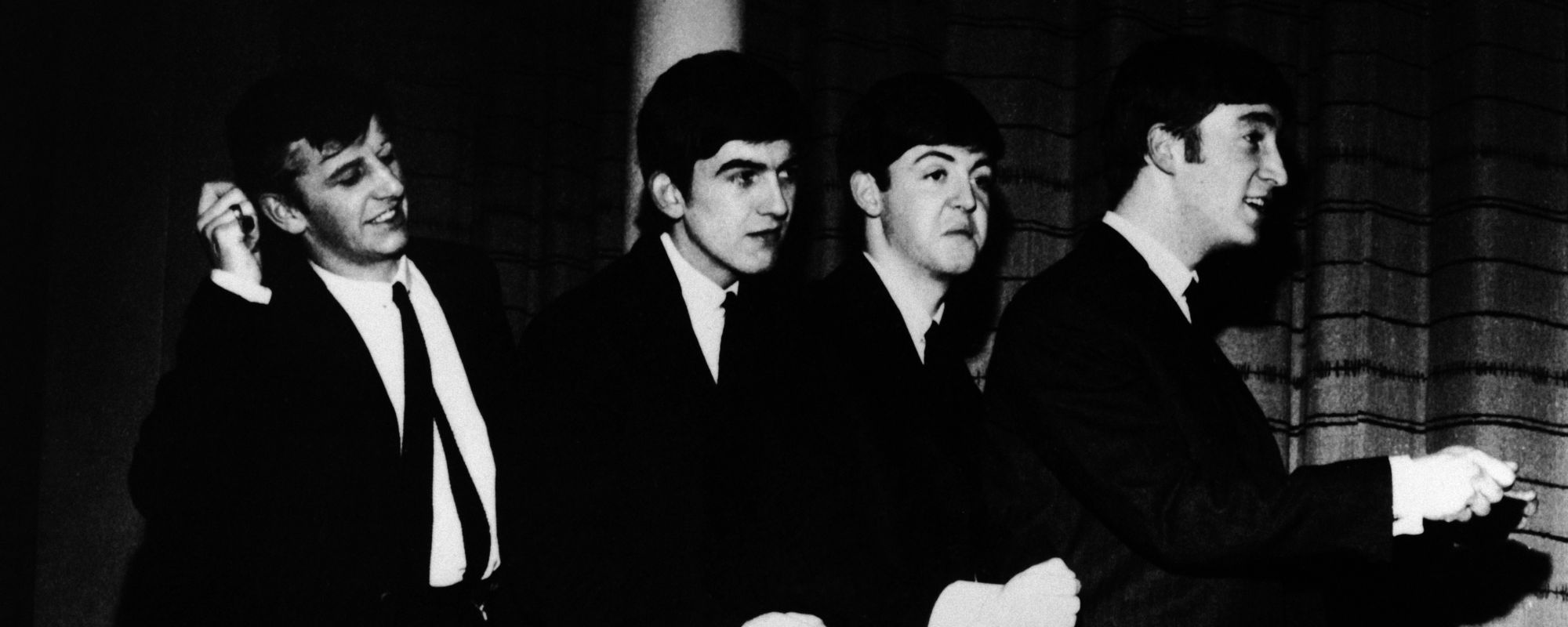Don McLean’s 1971 hit “American Pie” is one of the most iconic folk-rock songs of all time, capturing the dissolution of innocence in the 1960s that came on the heels of a tragic plane crash that took the lives of rockstars Buddy Holly, J.P. “The Big Bopper” Richardson, and “La Bamba” singer Ritchie Valens. It was, as McLean so eloquently put it, the day the music died.
Videos by American Songwriter
The cultural, social, and musical shifts that occurred in the decade that followed the fatal accident were tremendous. “American Pie” almost served as an emotional salve, giving listeners a way to juggle mortality, the constant passing of time, and the changing American facade. On an individual level, “American Pie” helped people process the death of a loved one.
Such was true for McLean and Ritchie Valens’ young sister, Connie.
Ritchie Valens’ Sister’s Response To “American Pie”
Although Don McLean never mentions specific names in “American Pie,” he describes what it was like upon first hearing the news of the plane crash that killed Buddy Holly, J.P. Richardson, and Ritchie Valens in early February 1959. February made me shiver with every paper I’d deliver, McLean sings in the first verse. Bad news on the doorstep. I couldn’t take one more step. The songwriter eventually describes the accident as the day the music died, cementing the connection between McLean’s phrase and the historical event. When Valens’ younger sister, Connie Valens, first heard McLean’s 1971 hit, she couldn’t quite believe her ears the first (and second and third) times.
“I had to listen to it over and over because I thought, ‘Is he talking about my brother?’ And it was, like, such a shock,” Connie told People in a 2025 interview. “This is about my brother. It’s about Buddy. It’s about the Big Bopper.” While it was undoubtedly painful to relive the 1959 tragedy through McLean’s “American Pie,” Connie told People she was grateful for the chance to process her emotions through the over-eight-minute song.
“Thank you for writing the song,” Connie said, addressing McLean. “Because it just helped me to realize that although they’re gone, we can be healthy and in that love and understanding of what they truly meant to us. We don’t have to be sad or down. We can be productive and share and bring hope to others.” And indeed, Connie wasn’t the only one who found a way to process death in a healthy way with the use of “American Pie.”
Don McLean Used The Song As A Way To Cope With His Own Grief
Connie Valens wasn’t the only one who was able to use Don McLean’s “American Pie” as a way to process and cope with the grief of losing a family member. As the best songs often do, this folk-rock standard helped its writer move through the many stages of the healing journey, too. McLean was only 14 years old when he was a paperboy delivering the news of one of early rock ‘n’ roll’s biggest tragedies door to door. The men who died on that plane weren’t just musicians. They were heroes to McLean and countless others.
“About nine months later,” McLean told People, “my father would die almost right in front of me. So, those two things really had an effect on me as a kid. These kinds of deaths really alter a person. I heard it someplace, ‘There’s pain that hurts, and then there’s pain that alters.’ This pain altered me. I was never the same afterward. There was no getting over this, and Buddy [Holly’s death] was a part of that.”
The songwriter combined his feelings of grief with the overarching political and social unrest he and the rest of the country felt throughout the 1960s to create his magnum opus from 1971. February 3, 1959, might have been the day the music died, but one could argue that October 24, 1971, the day McLean released American Pie, was the day that music came back to life.
Photo by Michael Ochs Archives/Getty Images












Leave a Reply
Only members can comment. Become a member. Already a member? Log in.